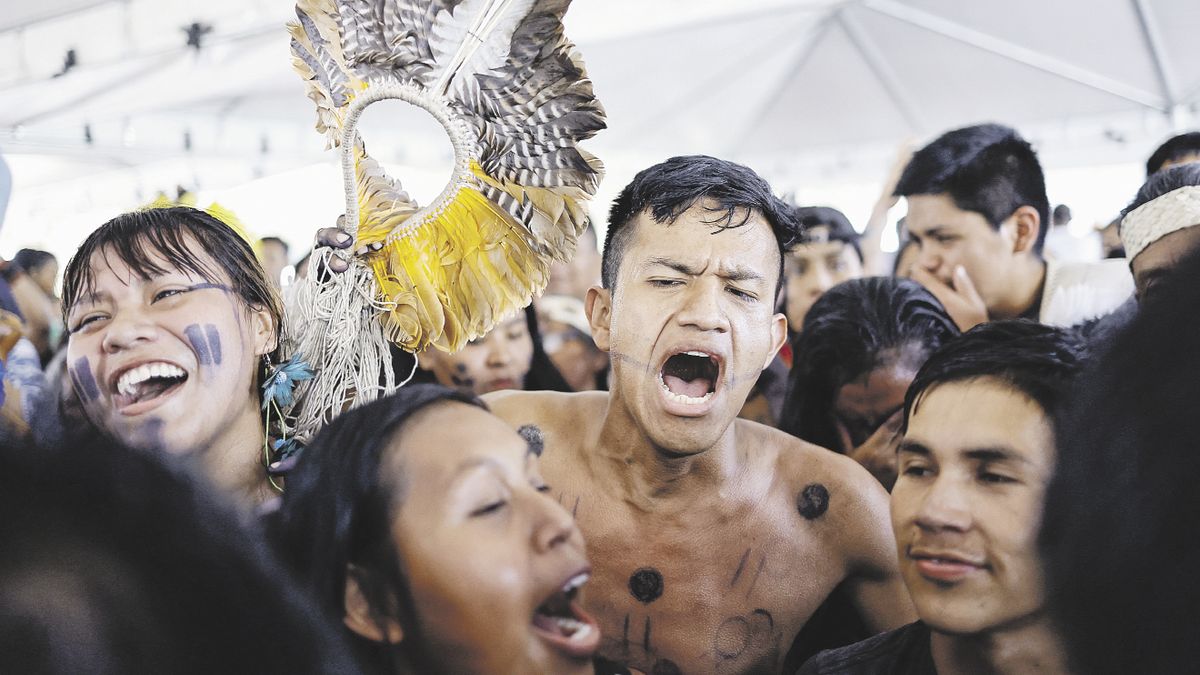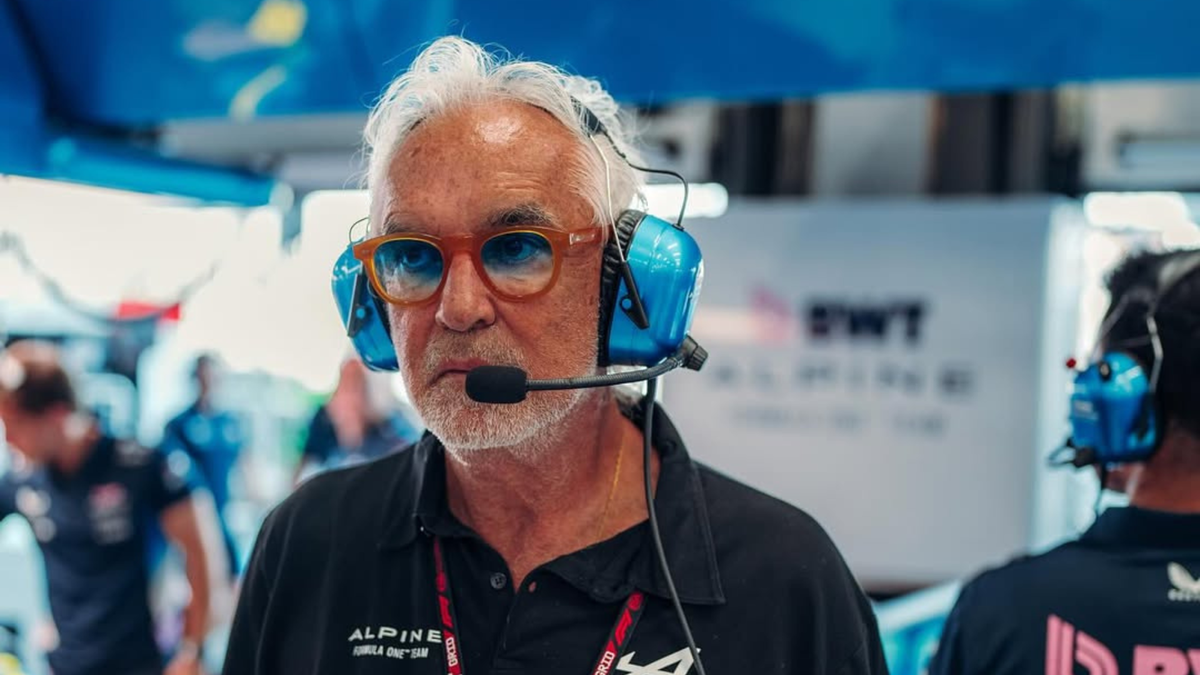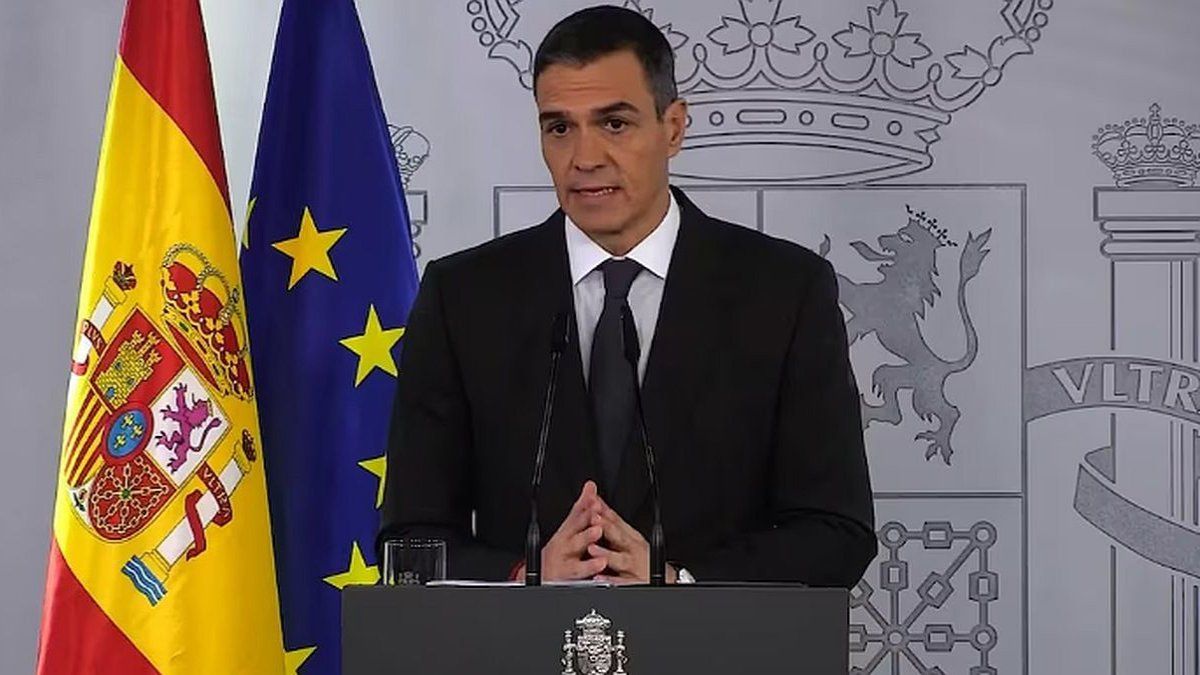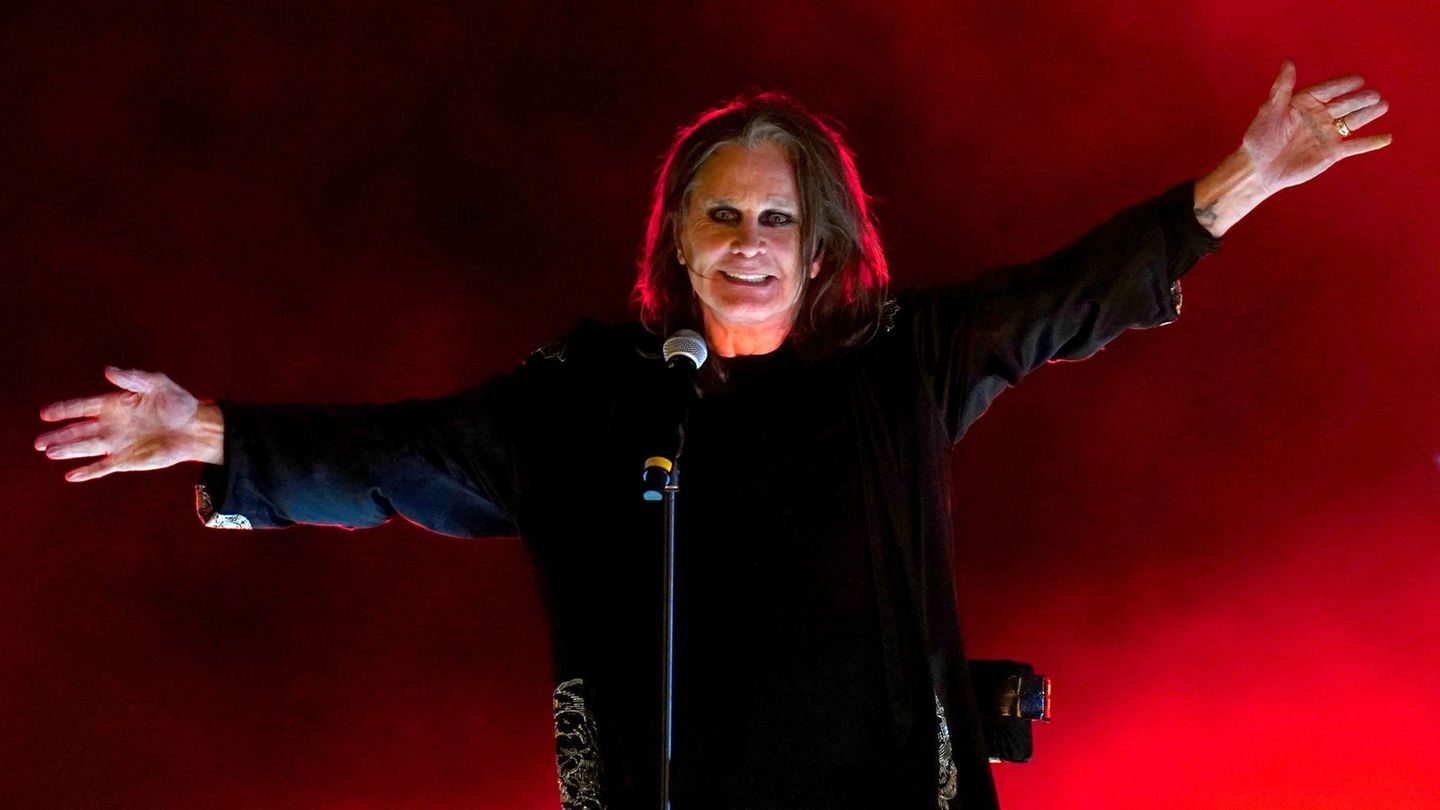Brasilia – Brazil’s highest court ruled yesterday in favor of indigenous peoples in a crucial trial over the future of their lands, most of which are located in the Amazon and are considered a barrier against deforestation.
With the vote of the last four judges, the Supreme Federal Court (STF) rejected the “temporary framework”, a thesis defended by the powerful agricultural pressure group, which only recognizes indigenous rights over the territories they occupied in 1988, when The Constitution was promulgated.
Of the total of 11 judges, nine ruled against the thesis and two in favor in this trial that began in August 2021.
Judge Carmen Lucia, contrary to the time frame, pointed out that Brazilian society owes the indigenous people an “unpayable debt.” “There can be no setbacks in recognized rights, including those relating to traditionally occupied lands,” she added.
The “time frame” threatened almost a third of the more than 700 existing indigenous reserves in Brazil, according to the NGO Socioenvironmental Institute.
The approval guarantees these peoples the right to occupy the lands in dispute, as well as the exclusive use of natural resources.
As in previous sessions, hundreds of indigenous people mobilized in Brasilia to follow what they defined as “the trial of the century.”
The protesters, several with their bodies painted and colorful feather crowns on their heads, burst into shouts and began to dance under a large tent in front of the STF headquarters after Judge Luiz Fux ruled in favor of the indigenous people, giving them most.
“Justice is on the side of the indigenous peoples,” said Joenia Wapichana, president of Funai, a government body for the defense of indigenous populations. “It is a day to celebrate the end point of the time frame,” she added.
The court must still decide whether to provide compensation to landowners, which would be transformed into reserves.
The STF, guardian of the Constitution, specifically evaluated a dispute over the Ibirama-Laklano territory, in Santa Catarina (south), claimed by the Xokleng, Guaraní and Kaigang ethnic groups.
In 2009, a first instance ruling stripped the territory of its reserve status, arguing that the communities did not live there in 1988.
“I am very excited because my grandfather fought a lot for this and is not here to see it,” said Txului Namblá, an 18-year-old Xokleng girl.
The STF verdict should set precedents in other similar cases in Brazil.
The indigenous communities rejected the time frame, arguing that many indigenous peoples were expelled from their ancestral territories throughout history, especially during the military dictatorship (1964-1985).
On the other hand, the thesis has the support of representatives of powerful agribusiness, who consider this limit necessary to provide “legal security” to large rural producers.
The two magistrates who voted in favor of this thesis were appointed by the former far-right president Jair Bolsonaro (2019-2022), an ally of agribusiness under whose government deforestation had a strong rebound.
The outcome of the trial was also closely watched by environmental organizations.
Many scientists consider indigenous reserves, protected by the State, as barriers against deforestation and key in the fight against global warming.
The court’s ruling comes as Congress debates legislation that would validate a temporary limit on land approval. The lower house approved a bill in that regard, and a Senate committee must vote on it next week.
Leftist President Luiz Inácio Lula da Silva, an avowed defender of indigenous causes, has so far ordered the demarcation of eight new reserves.
Bolsonaro, for his part, kept his promise of not homologating a “centimeter” of land during his mandate.
The court’s decision is a “very important response to the scenario of threats and criminalization that we have experienced in the last four years,” said Kleber Karipuna, executive director of the Association of Indigenous Peoples of Brazil (APIB).
But it is also a call to Lula’s government to “move forward in the demarcation of indigenous lands,” added the 45-year-old leader. According to Funai data, the reserves occupy 13.75% of the country’s territory.
In Brazil, about 1.7 million indigenous people live inside and outside of reserves, out of the 203 million inhabitants, according to the last census.
Source: Ambito




